Harnessing Solar Energy for Practical Purposes
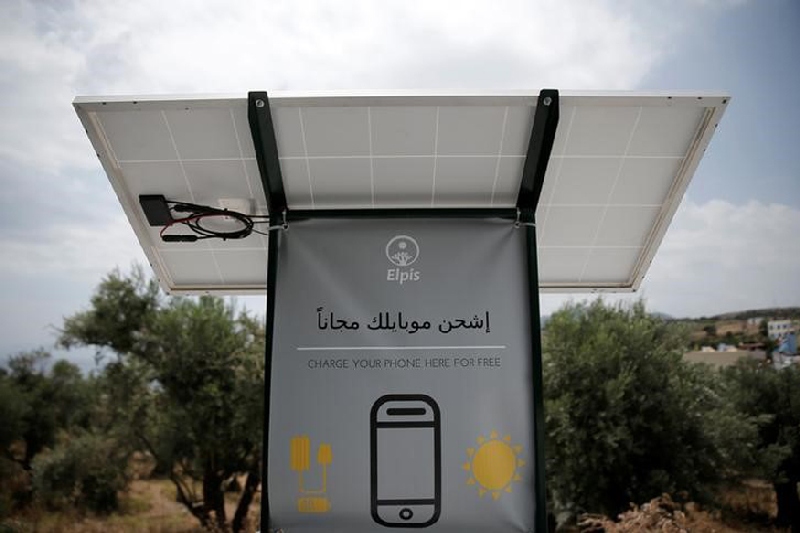
💡 Want more business insights? Stay ahead of the curve with our exclusive updates!
👉 Join our Telegram channel for daily business ideas and expert tips.
👉 Follow us on Facebook to never miss a trend or update!
Don’t just read—connect, grow, and innovate with us today!
Resourceful students from the University of Edinburgh in Scotland have developed an eco-friendly phone charging solution. This project has been highly successful, benefiting migrants and refugees in Greece.
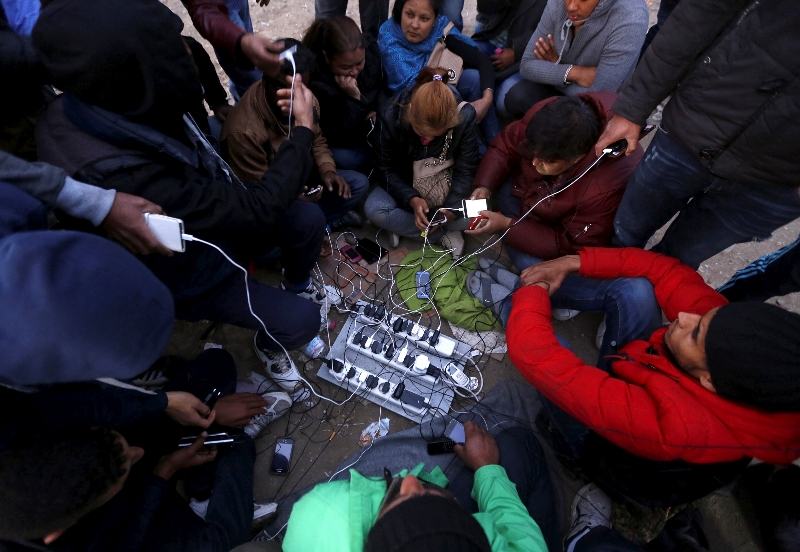
One of the inventors, 20-year-old Alexander Angelopus, shares that the idea sparked during his visit to Samos Island. Witnessing long queues of people waiting to charge their phones, he was motivated to take action. In 2015, amidst the refugee crisis, Alexander's project was enthusiastically embraced and approved by the Greek authorities.
A Beacon for Travelers - Solar Charging Station Elpis
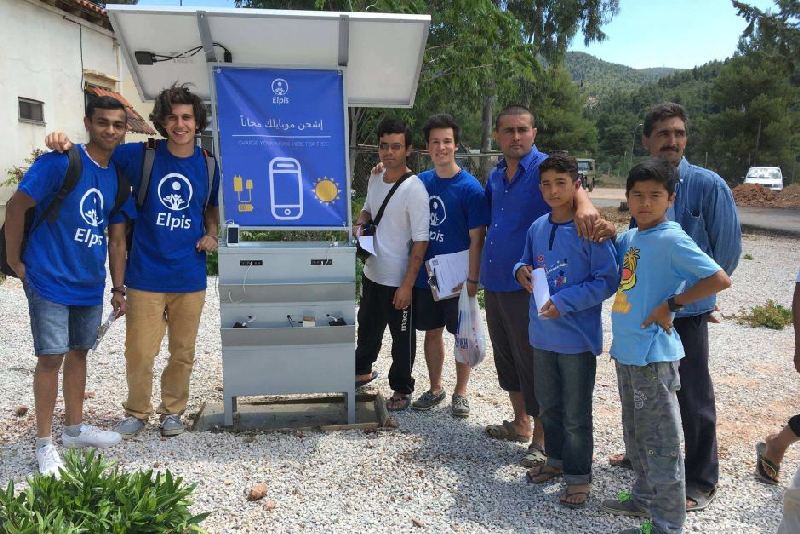
The phone charging stations are named Elpis, meaning Hope in Greek. Entec company supported the young inventors in bringing their idea to life and shared their own solar energy utilization developments. The first solar charging station for phones and mobile devices was installed at Kara-Tepe camp on Lesbos Island. Each station can produce energy equivalent to about 12 power outlets in an hour. Daily, the solar station can service up to 240 phones.
Currently, 2 such stations are operational, with funds being raised through crowdfunding for the installation of several more stations under the "Elpis" initiative, offering hope to migrants, refugees, and everyday travelers.
Implementation Concept
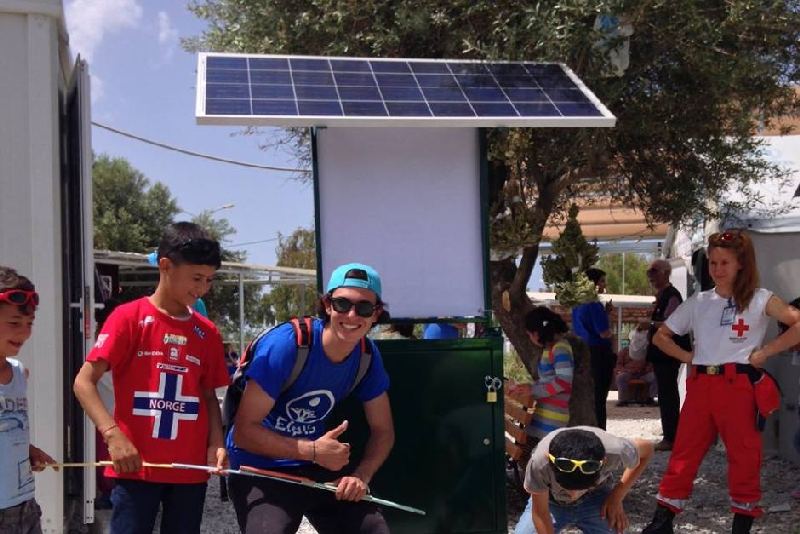
In today's world, where gadgets are a necessity, setting up small stations for people to recharge at any time can be a profitable idea. Small booths or pergolas scattered throughout the city, allowing anyone to recharge their devices, can prove essential in urban areas. But how can you truly monetize this concept? There are several profit models: firstly, charging a nominal fixed fee for unlimited usage, or secondly, accepting gratuities of any amount. Studies show that people are willing to pay more for services in such scenarios. Additionally, stations could operate for free, generating revenue from advertisements displayed on them.
Potential Clients
- Refugees (especially relevant in regions with high transit traffic or housing shortages).
- Tourists (beneficial for major cities).
- Students (beneficial for any city).
Distinct Features
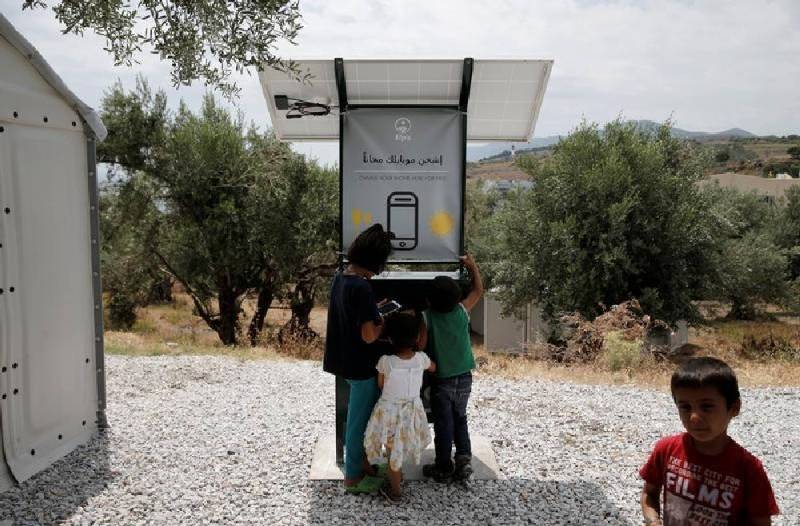
Whichever revenue model you opt for, initial investments are all that's needed to break even, after which the stations will sustain themselves. Finding cutting-edge solar energy conversion technologies and setting up the stations is key; this service will soon advertise itself and become profitable. There's a possibility that in some cities, such initiatives may receive sponsorship from municipal authorities.
💡 Want more business insights? Stay ahead of the curve with our exclusive updates!
👉 Join our Telegram channel for daily business ideas and expert tips.
👉 Follow us on Facebook to never miss a trend or update!
Don’t just read—connect, grow, and innovate with us today!





































.jpeg)













Note: Comments are being moderated and may take a while to appear. There is no need to resubmit your comment.